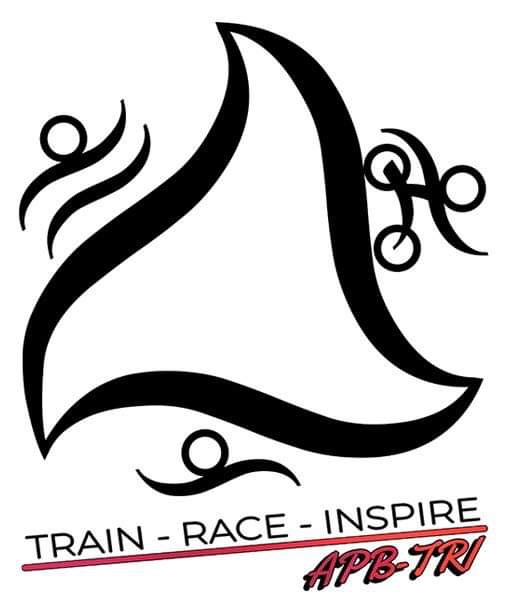What is recovery nutrition?
In the world of endurance sports, it’s not only what you eat before you work out or during a race, but also your recovery nutrition that counts. Haven’t we seen countless people run for steak/BBQ and beers after their marathons?
Recovery nutrition has three goals:
- Provide you with immediate energy boost, so you are not totally useless after your race/ workout
- Help build muscle most efficiently
- Help your body bounce back (especially after a race) from damage inflicted on it by a race or extremely hard training session (20 mile run, anyone?)
When to eat?
Start your recovery nutrition before you even exercise
Do you remember how way back when Nokia phones were state of the art and rechargeable batteries were just becoming available, you had to make sure not to drain battery all the way or it would never be the same? Or maybe I have it the other way round, but the first version fits the subject better. The point is that your recovery nutrition starts with your carb loading beforehand (here is story on carbs) and refueling during race/ workout (more on that here). If you drain your glycogen stores completely and deplete your electrolytes, you will have a lot more work to get back on top of things. I once wrote a whole article about working out on empty stomach, but here is a friendly reminder: if you want to train for endurance races day in, day out, this is not the optimal way to go.
30 minutes after exercise
So you just got back from your long run. Or crossed the finish line of a marathon. Now what? In many (all?) endurance races I participated in, they greet you at the finish line with a medal and some food. You should immediately go for water and electrolytes, as you may be facing dehydration. That’s not all you have depleted though, is it? Grab some carbs and proteins while you’re at it! You should keep a 4:1 ratio of carbs to protein. Since your stomach may not be up to serious eating quite yet (and you may be desperate to get out of gross clothes), a good recovering drink may be the best place to start. Did you know that chocolate milk will do the trick? You can also opt for proper sports drinks specifically meant for recovery.
2-3 hours after exercise
So you showered, changed into more ‘normal’ clothes and now you’re famished. Your proper time window for proper recovery meal is about 2-3 hours after you’re done with the exercise. By now, you’re most likely properly hydrated and you have dealt with the electrolyte issue. You should be focusing on ‘real’ food, with the aforementioned 4:1 ratio. Studies have shown that optimal amount of protein in one sitting is 20g, so plan accordingly.
On a personal note: this is what science says and I am sure it’s right. But… after you’re done with a marathon, you may want to binge and if that’s what you want – go for it! You’ve worked hard and denied yourself plenty of treats. Enjoy an overindulgent meal before you return to the grind.
What to eat?
Ah, yes: what should we eat? Isn’t that the definition of a first-world problem… We need to make sure that we eat the right number of calories, the right kind of nutrients in correct proportions… It’s hard, I know. I found this article to be particularly interesting on key foods for endurance athletes. The recurring theme is to stick to wholesome, unprocessed foods. As I mentioned a bit earlier, you should aim for the 4:1 ratio where it comes to carbs/protein content. General advice calls for 80g of protein per day and it’s best if you can split that between 4 equal meals. Well, protein-wise. When it comes to specifically recovery-focused foods, this article has a decent list. I hope it helps you!
From a perspective of not an overly adventurous cook: these ingredients are all great, but how do I make them into proper, appealing dishes? Feel free to leave some recipes for me to try!
